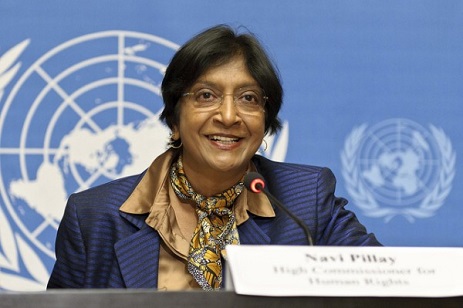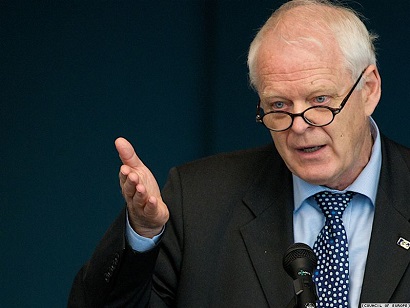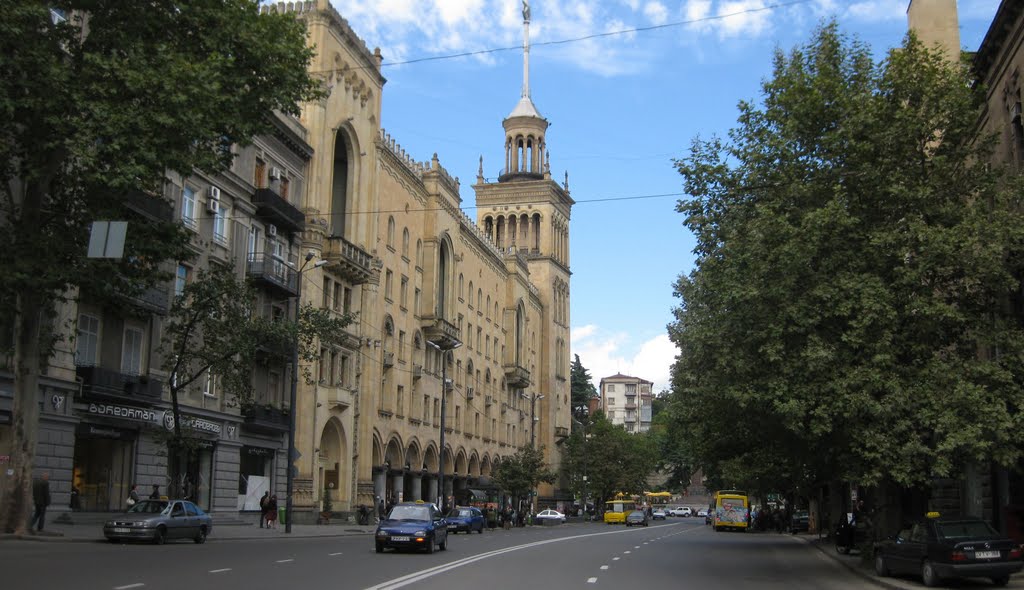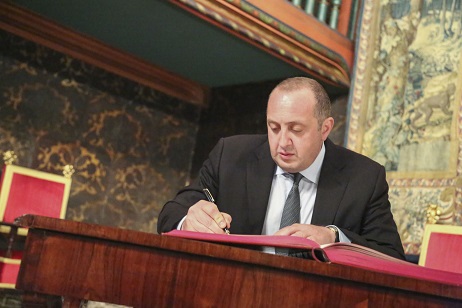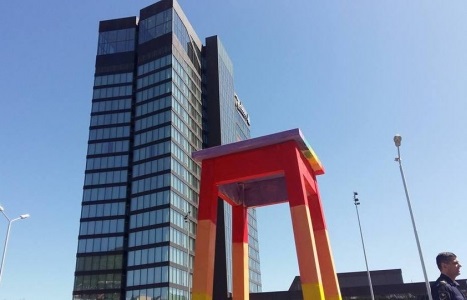Council of Europe 5yr report on Georgia:
Action taken to improve human rights but shortcomings still exist

Today the Council of Europe issued its fourth report by its non-discrimination commission on the situation in Georgia over the past five years.
The European Commission against Racism and Intolerance (ECRI) acknowledged progress had been made since its last report in 2010 but despite this, other issues including religious intolerance and discrimination against minority groups still occurred in Georgia, claimed the report.
The ECRI welcomed the action already taken to improve human rights in Georgia, such as enacting in 2014 the anti-discrimination law and the adoption of the 2014-2020 National Human Rights Strategy which focused on freedom of religion and protection of minorities. The implementation of other national policies promoting tolerance and civic integration were also lauded.
In the area of integration, positive measures to improve the quality of minority education and reduce socio-economic exclusion of historical ethnic minorities needed to be improved; and this could be done by improving textbooks and giving teachers better training, said ECRI.
The ECRI offered several recommendations but highlighted two required "prompt implementation” and will be reviewed by ECRI in two years’ time. The recommendations were:
- To set up a specialised unit within the police to deal specifically with racist and homo/transphobic hate crime; and
- To scale up the support for the Council of Religions, in particular by the State Agency for Religious Issues which should utilise the Council’s expertise in order to tackle the problem of religious intolerance.
ECRI welcomes these positive developments in Georgia. However despite the progress achieved, some issues give rise to concern,” read the report.
ECRI chairperson Christian Ahlund said hate speech and violence against some ethnic and religious minorities, as well as LGBT (lesbian, gay, bisexual and transgender) persons had increased in the past five years, and the authorities’ response to such incidences was "not sufficient”.
There is also a general homo- and transphobic climate in Georgian society and LGBT groups were attacked repeatedly, in particular on the occasion of organising public events to mark the International Day against Homophobia and Transphobia,” stated the report.
These comments stem from an incident in Georgia’s capital Tbilisi on May 17, 2013 when gay rights activists were met by thousands of protestors opposing homosexuality, who broke through a police cordon and violently beat and threw stones at the gay rights activists.
The incident was strongly condemned by Georgian officials and the following year the rally, to mark the International Day Against Homophobia, was held in a peaceful manner.
Thorbjorn Jagland, Secretary General of the Council of Europe, said intolerance and discrimination against LGBT persons must be stopped in Georgia and across Europe.
The full report, including Government observations, is available here. It was prepared following ECRI’s visit to Georgia in March 2015 and takes account of developments from 2010 up to June 17, 2015.
 Tweet
Tweet  Share
Share

